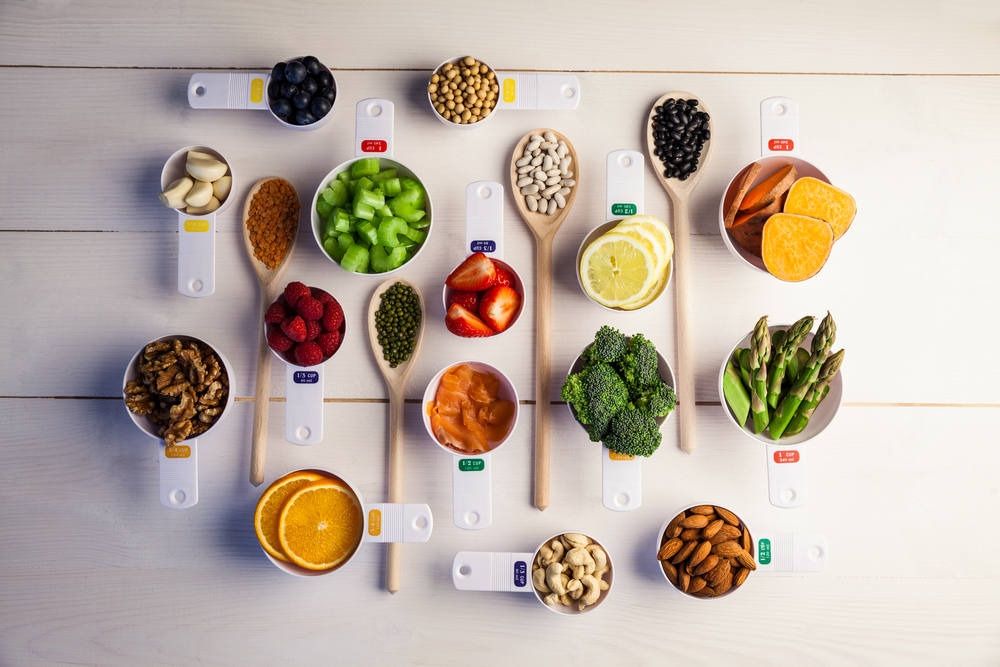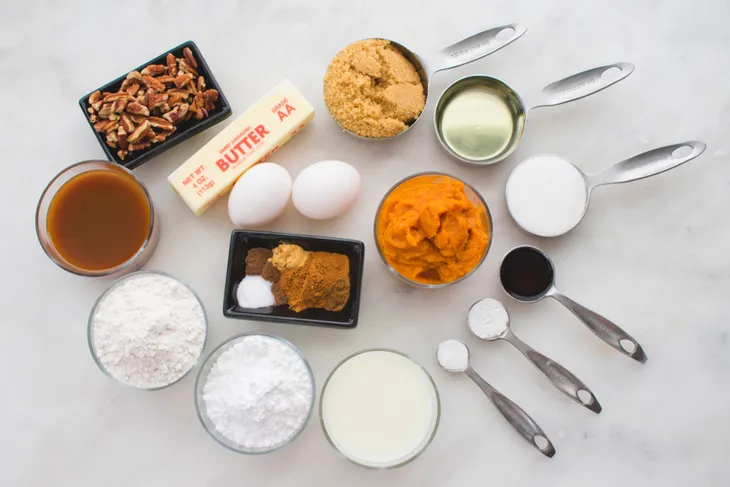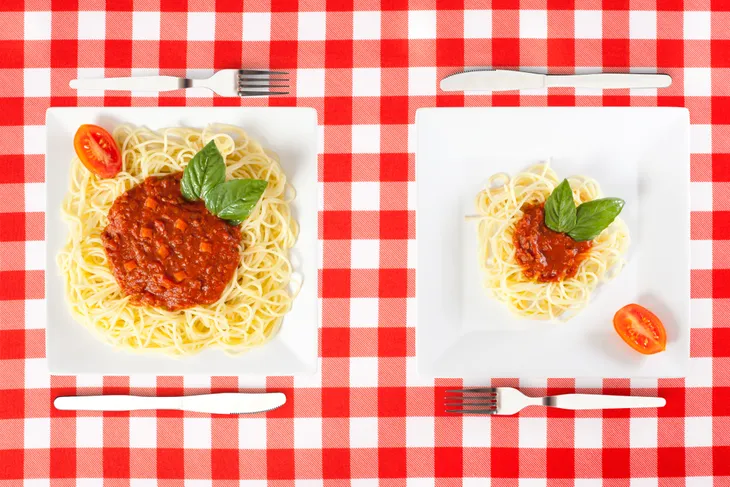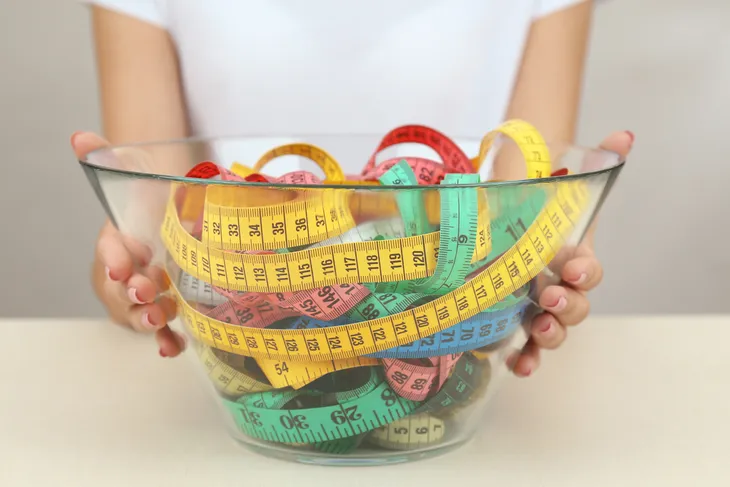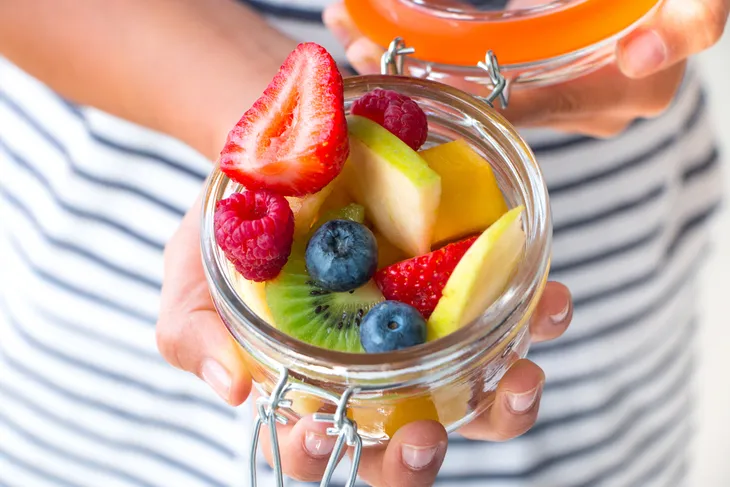One of the biggest challenges to maintaining a healthy diet is to know how much food is enough to get the nutrition you need without going overboard. Portion control is especially important if you have a condition, such as diabetes, where blood sugar is a major factor.
The truth is, many people put more on their plate than they need to, or skip healthy snacks or meals and end up binge eating to make up for the lost calories. And when you’re very hungry, you may not make the wisest choices about how much you should be eating in one sitting. Here are six tips to help you keep your portions under control…
Eat Meals Regularly
Skipping a meal to try and lose weight is not in your best interest, according to Health magazine. In fact, as mentioned before, all you’re doing is making your stomach cry out for food—and you may end up filling yourself with empty calories just to get your fill.
The article from Health notes that you shouldn’t go longer than 5-hours between meals, and you should eat the standard 3-meals per day. Eating on a regular schedule will help curb cravings and train you to adjust to a reasonable portion size.
Measure Ingredients
Health magazine also points out that dieters are notoriously bad at measuring ingredients in their meals—so a cup in a recipe can become 3-cups when you start preparing the meal. This can be especially tough when preparing pasta as opposed to say, a chicken dinner, which calls for 1 chicken breast.
The magazine suggests actually getting out the measuring cups and weight scales, even if you think you’re an expert at eyeballing how much food to prepare. If a recipe calls for 1/4-cup, then use exactly 1/4-cup. Overtime, reduce the use of measuring cup and weight scale as the excessive obsession with measuring can lead to unhealthy eating habits.
Know What a Serving Looks Like
Okay, so maybe you don’t have those measuring cups handy, or don’t feel like digging them out of the moving box you never unpacked. The Mayo Clinic notes that many foods match the size of everyday objects for reference. For example, a 3-ounce piece of chicken is roughly the size of a pack of cards, and 2-teaspoons of mayonnaise is roughly the size of 2 dice.
There’s more: a 1/2-cup of pasta (cooked) is roughly the size of a hockey puck, and a 1/2-cup of cooked carrots is about the size of a baseball, according to the clinic. Learning these quick rule-of-thumb references can help you get better at judging how much you’re taking in without busting out the measuring tape.
Get Portion-Friendly Serving Dishes
Everyday Health suggests measuring the bowls and cups you use on a regular basis to see what they actually hold—you may be surprised! The article recommends using “portion control dishware” (i.e., smaller bowls and plates) to control how much food you can load into them.
Women’s Health magazine points out there are actually portion-control dishware available out there that can still be stylish. You don’t have to have drab plastic bowls that make your eating experience less enjoyable—and you can even buy serving utensils that dole out the perfect amounts of food.
Snack Smarter
That’s right, you can still enjoy snacks along with your 3-meals per day regimen, according to the Government of Massachusetts. It suggests snacks can be friendly to a portion-controlled diet, and that you can buy smaller serving packs to help stave off the urge to eat your way through a larger serving.
Gradually wean yourself off sugary or salty snacks and embrace the deliciousness and nutritional benefits of fruits and vegetables, says the government website. Think small: A box of raisins, whole-grain crackers, and rice cakes. Try to space out snacks so you’re still able to eat a proper meal (the site suggests eating snacks at least 2-hours before a meal).
Go Leaner on the Liquids
The Huffington Post explains in a 2012 blog post that drinking fluids high in calories may still not fill you up, so you’re tempted to consume more than you intended. The post suggests that eating and chewing register more with your brain and stomach, and that making changes such as replacing orange juice with an actual orange can be beneficial.
It probably goes without saying, but soda is not a good snack or healthy refreshment—even labels that claim zero calories are not the best choice. The blog post recommends good old water, or a sparkling water (seltzer) if you want your water to be a bit more exciting.
